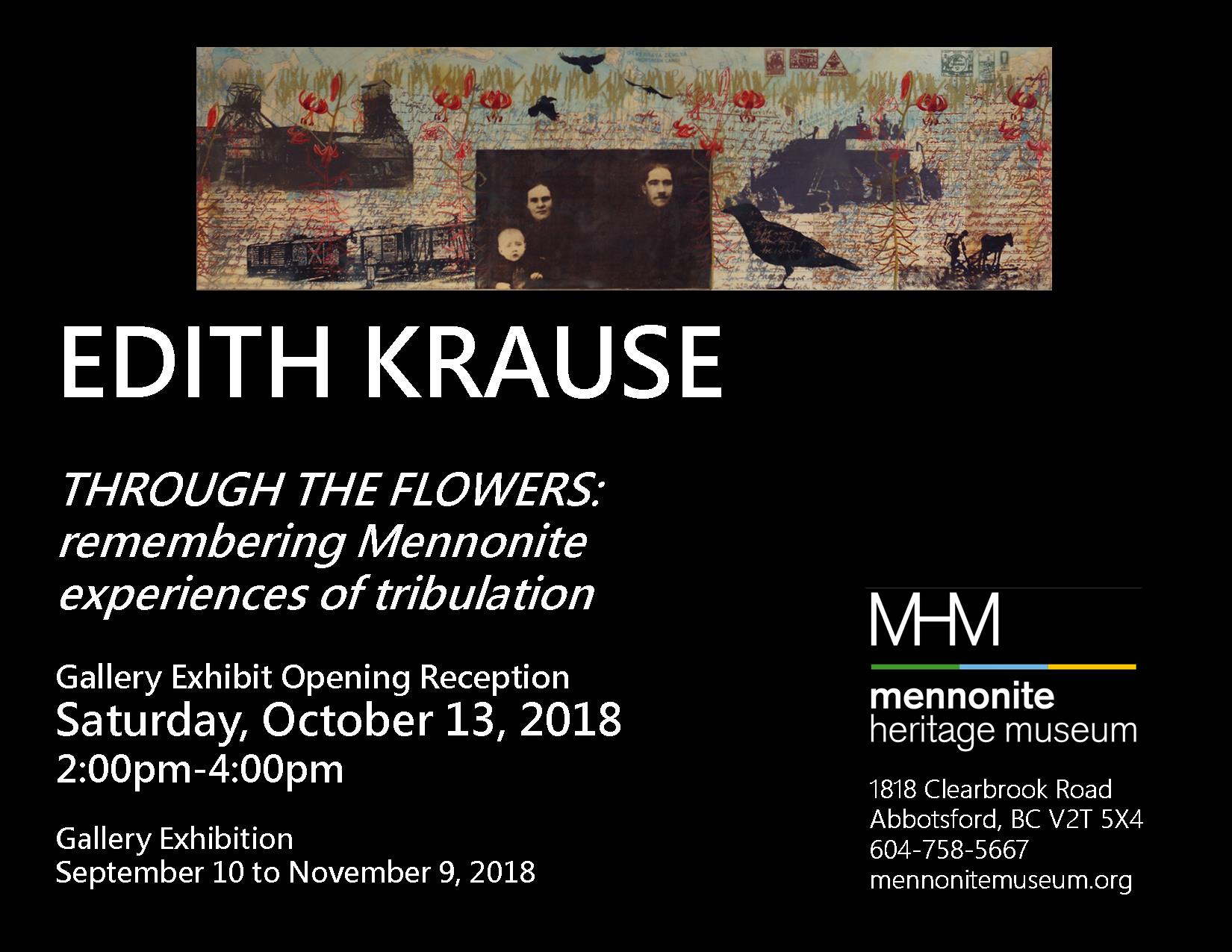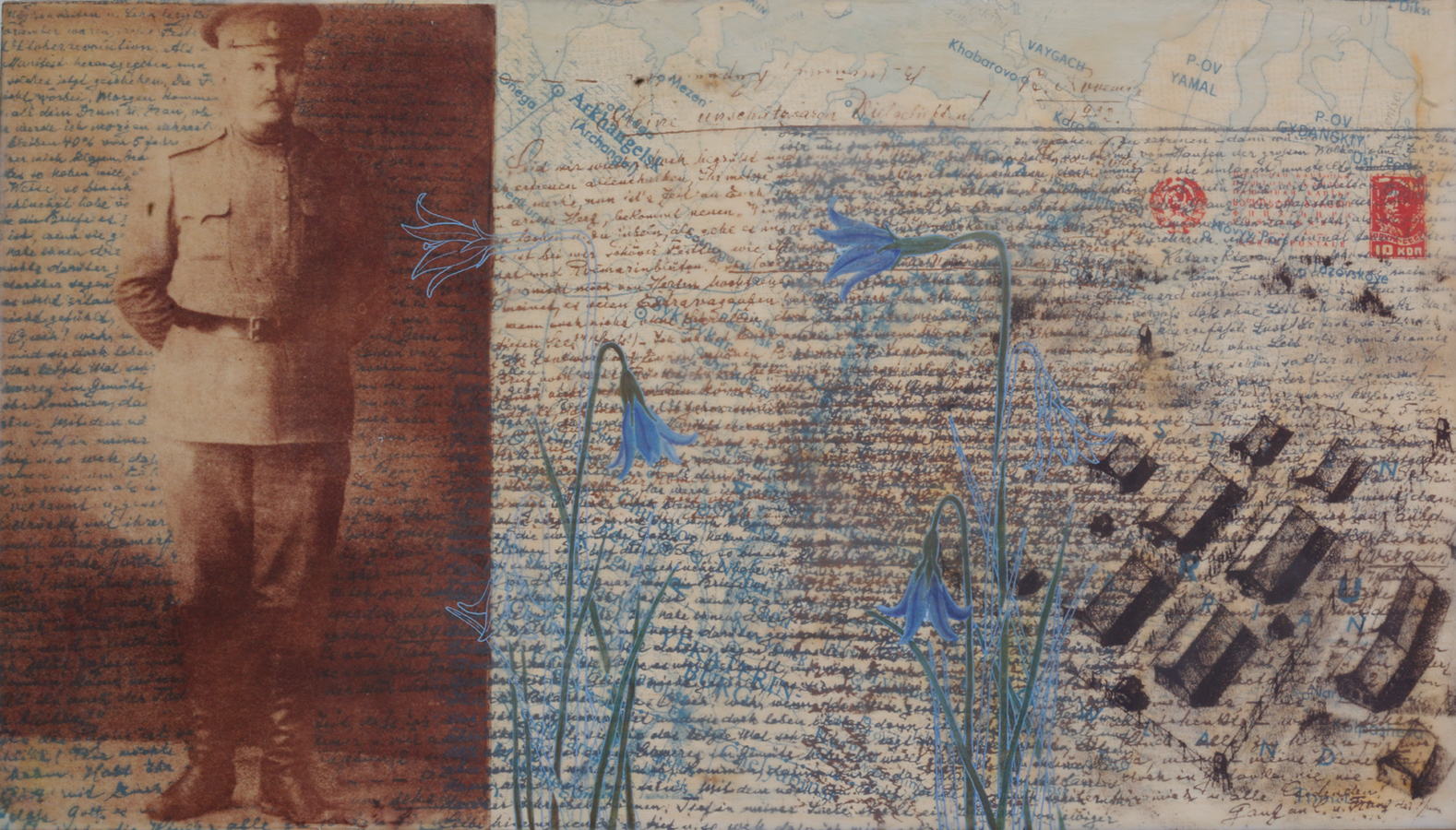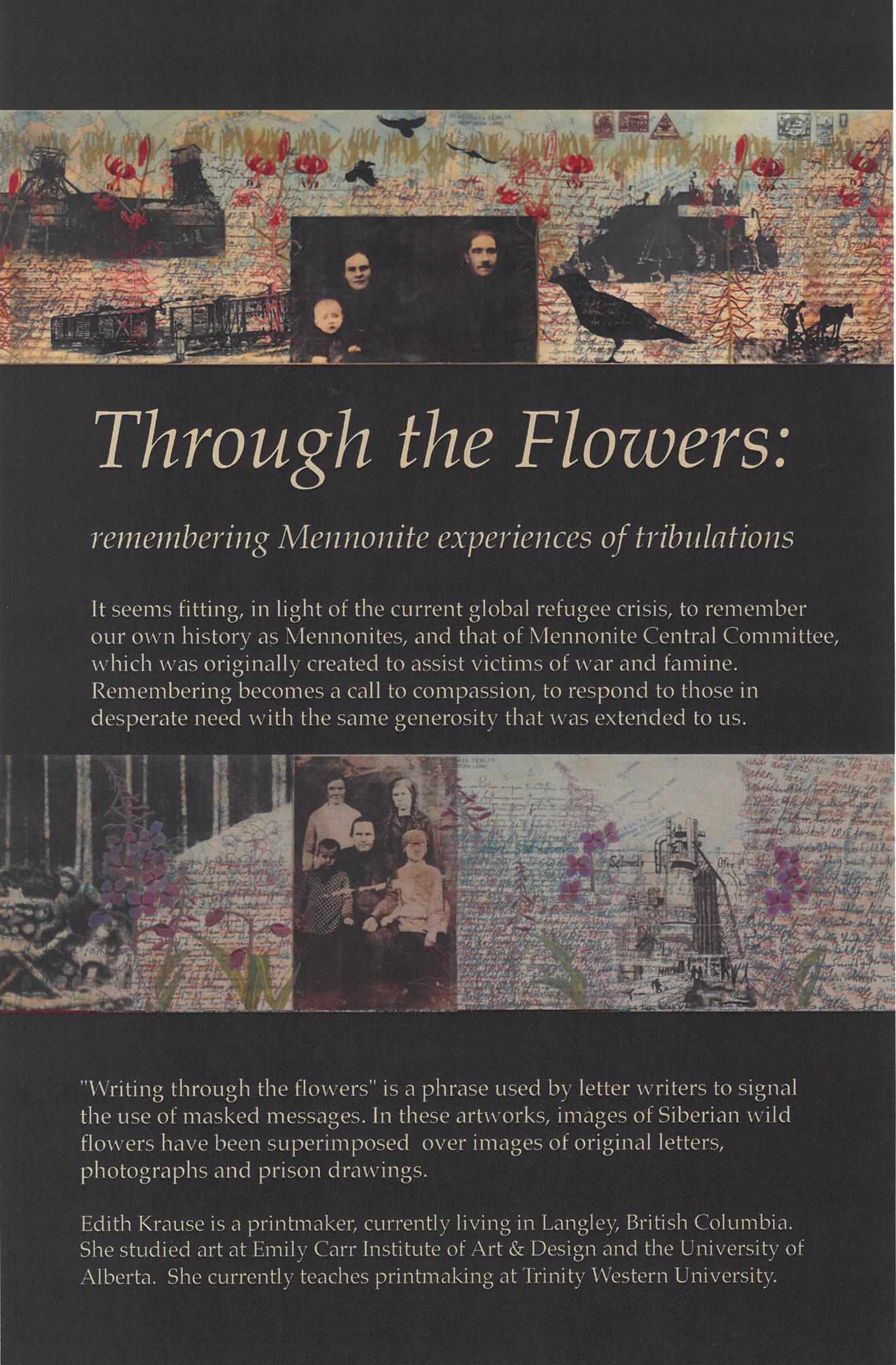You are invited to a book launch! Meet the author and have your book signed!

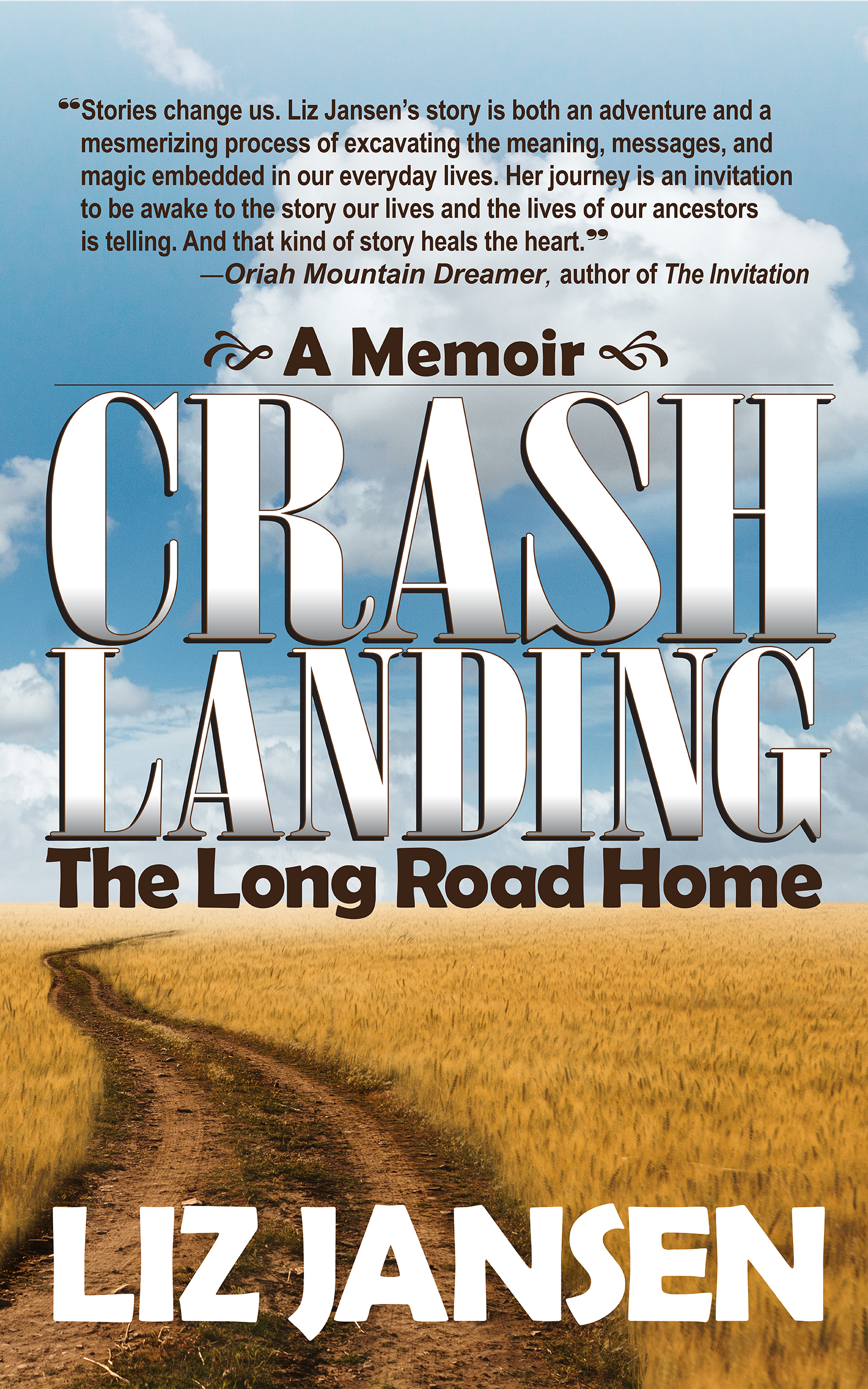
Find out more information about the book here: https://lizjansen.com/book/crash-landing/
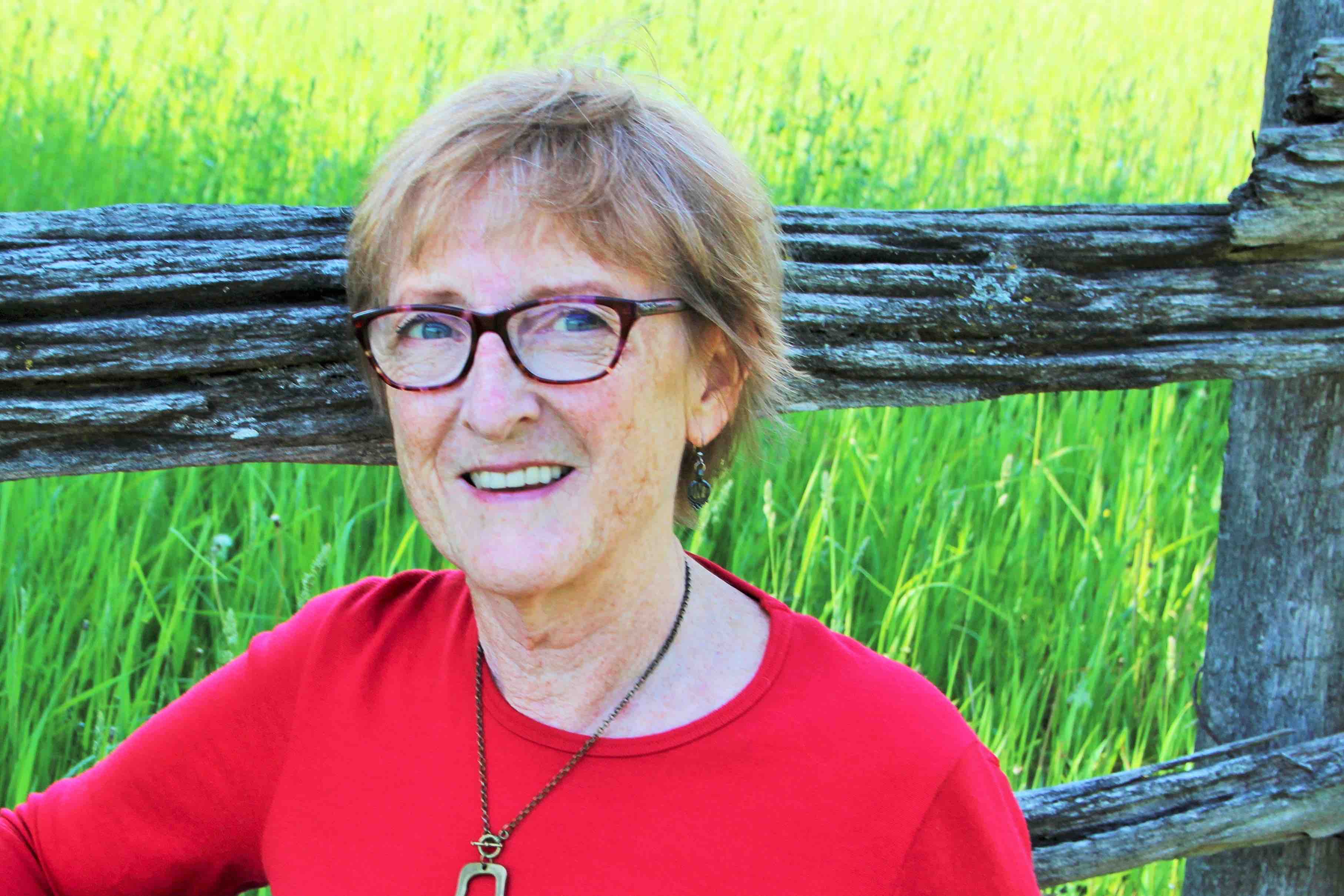
You are invited to a book launch! Meet the author and have your book signed!


Find out more information about the book here: https://lizjansen.com/book/crash-landing/

YOU ARE INVITED to our Gallery Exhibit Opening Reception!
Ruth Derksen Siemens and Edith Krause will present.
This is a free event and you can bring family and friends!
